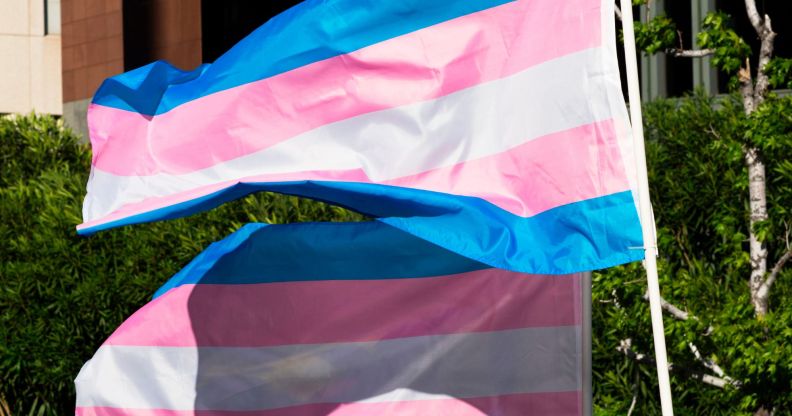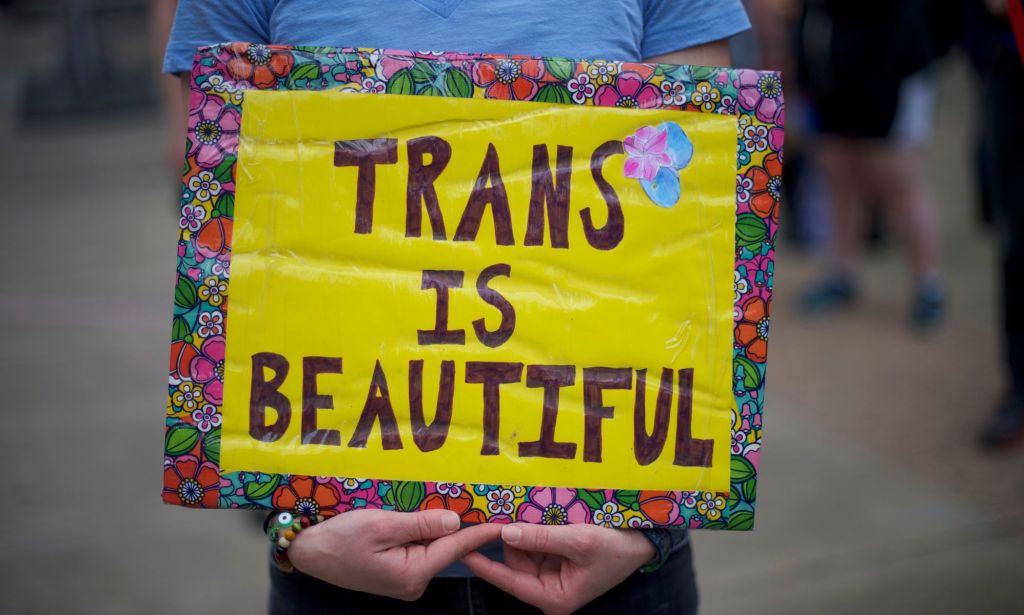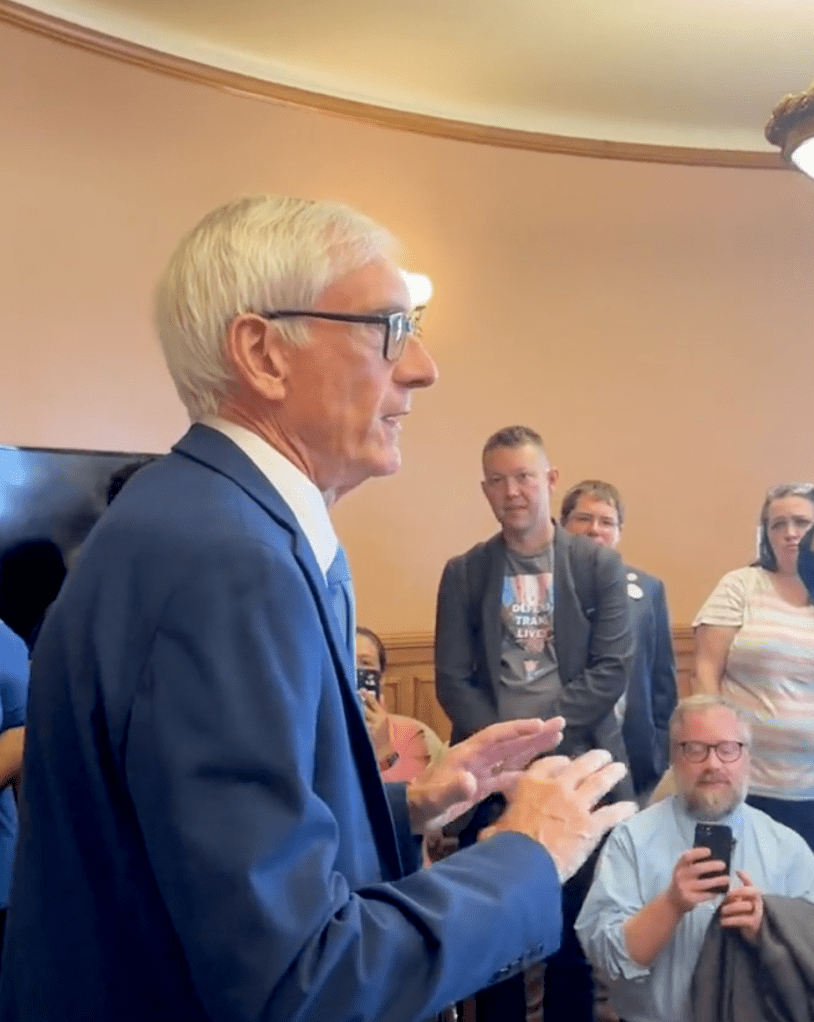Wisconsin GOP vote to ban youth transgender surgery, bar trans girls from sports

Virginia lawmakers have shut down all 11 anti-trans laws. (Credit: Getty Images)
Republican lawmakers in Wisconsin have voted to introduce new anti-trans legislation that would restrict trans minors’ access to gender-affirming care and abilities to participate on sports teams.
The decision, made by the right-wing Wisconsin Assembly, was made on Thursday (12 October), despite overwhelming resistance from the public, local advocate groups, and medical associations.
At a public hearing last week, hundreds of people showed up to oppose the bills, filling up three overflow rooms in the building, and more than 10,000 pages of testimony were submitted to reaffirm the public’s stance.

Multiple medical association groups also registered their opposition to the bills, including the Medical College of Wisconsin, the Children’s Hospital of Wisconsin, the National Association of Social Workers, the Wisconsin Association of Local Health Departments and Boards, the Wisconsin Chapter of the American Academy of Pediatrics, the Wisconsin Medical Society, and the Wisconsin Public Health Association
Despite the strong pushback to bills AB 465, AB 377, and AB 378, the Wisconsin Assembly signed off on all three.
Now, the legislation will go to the state Senate, which is also Republican-controlled.
If it is passed by the Senate, the legislation will then have to go through Democratic Governor Tony Evers.
Evers was among the hundreds who took part in last week’s public hearing.

Speaking to a room full of citizens waiting to testify against the bills, Evers pledged that he would never let the bills become law and would veto all three if they came close to passing.
“The only way we can do that is to continue to be strong just like everyone in this room,” he told the crowd on Thursday (5 October).
“I’m just here to thank you. I know you’re here because you’re p***ed off and you want to stop it.
“And you will stop it, and I’ll help you stop it. I’m with you. And god bless you all.”
Despite Evers’ promise to veto the bills, all three passed on 63-35 votes.
Not one Democrat voted in favour of the bans.
Speaking out against the results of the vote, Assembly Minority Leader Greta Neubauer told the Associated Press: “Transgender individuals deserve to be treated with respect and must be able to access the medical care that they and their care teams deem necessary.”
Meanwhile, Representative Lisa Subeck accused Republicans of substituting their fears of transgender culture for physicians and families’ judgement.

“Plain and simple, this is wrong,” she said. “This is backwards.”
If the bills are passed, Wisconsin will join nearly two dozen states that have limited trans athletes to playing on teams that match the gender they were assigned at birth, and at least 22 US states that have enacted legislation that restricts or outright bans gender-affirming care for transgender minors.
Gender-affirming surgeries are very rarely performed on transgender minors, even in states with no restrictions on such care.
According to a study published by Columbia University’s Jason D. Wright in August, less than 3,700 of these procedures have been performed on patients aged 12-18 in the US from 2016 through 2019.
For those under 18, treatments like puberty blockers and hormone therapy are much more common but are only offered to patients after they undergo a thorough assessment by qualified medical providers, are diagnosed with gender dysphoria, and get their parents’ informed consent.
How did this story make you feel?

